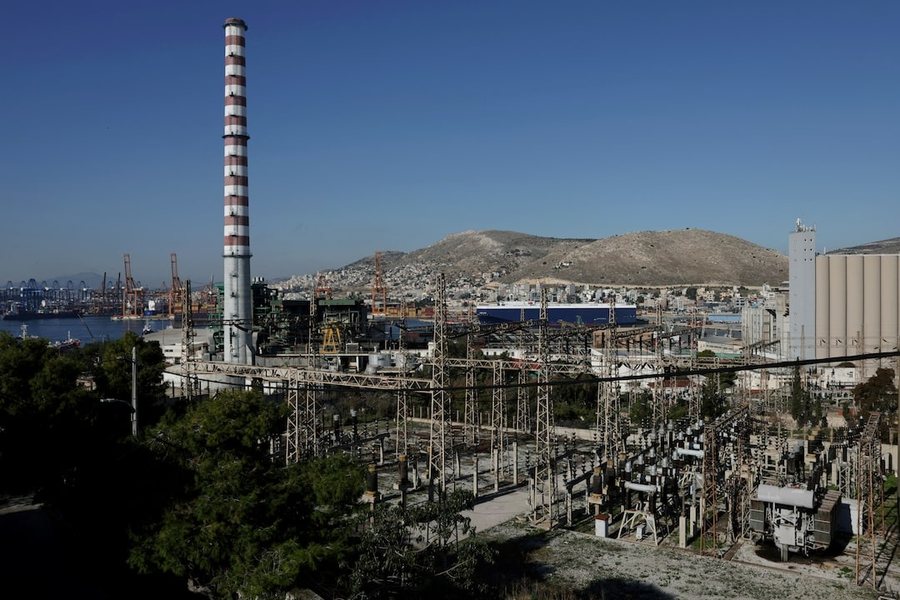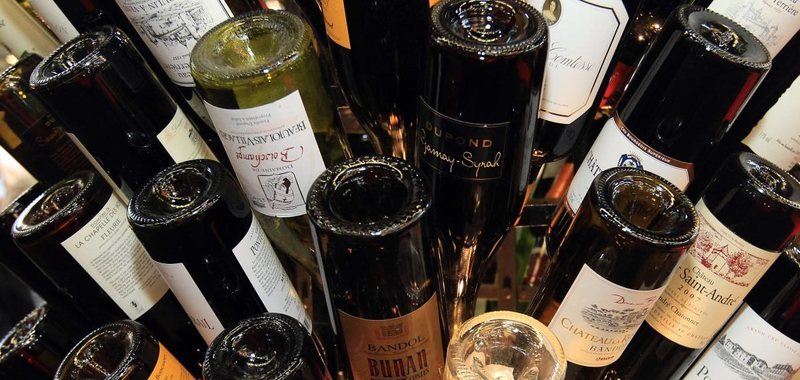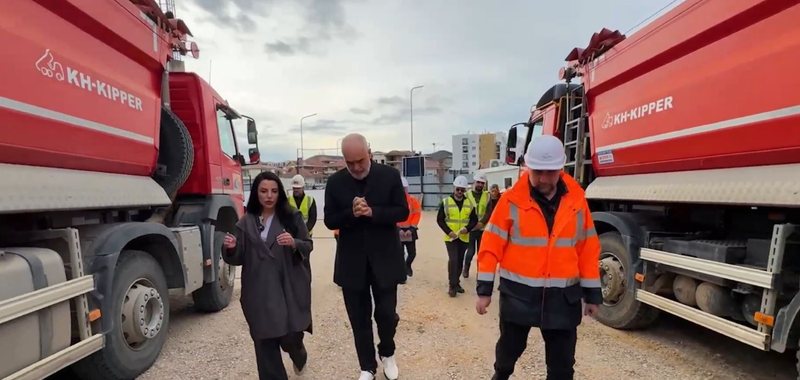How the distribution of energy prices in Europe is hitting the southeastern economies and the Balkans!

Since the war in Ukraine cut off Russian gas supplies to Europe it has also forced countries like Greece to look for more expensive alternatives. But Southeast Europe has felt the impact much more than the Northwest. Experts say this will only expand as winter hits and will have a negative effect on economic growth. Bulk power in Greece and Italy in August was 12 times higher than in the Nordic countries and even dwarfed other southern European countries experiencing hot weather.
As of 2021, Greece has spent €11 billion on energy subsidies to try to protect customers. In 2022, spending reached 5.3% of GDP, by far the highest in the EU and double that of second-place Italy, according to experts. Countries negotiating a global treaty to curb plastic pollution failed to reach an agreement on Monday.
Despite Athens' efforts to protect citizens from rising energy costs, the situation has worsened a cost-of-living crisis in Greece following the 2009-18 debt crisis that slashed wages, pensions and investment in energy production and transport. Much of the contrast between Southeast Europe and its neighbors comes from investment. While the Northeast has power and gas lines that allow for easy energy transfer between nations, as well as a strong mix of renewables, much of Southeast Europe is fragmented and isolated.
Energy conservation, which is becoming increasingly important in northern European countries, does not exist in parts of the southeast. Germany has 1,668 megawatts (MW) of large-scale storage capacity, compared to none in mainland Greece. Southeast Europe and the Balkans lack (electrical) interconnections. Whenever there is a shortage of energy and the production of renewable resources is low, they struggle to import the necessary volumes, say analysts in the field.
In contrast, renewable energy production in Spain has increased in the last decade, thanks in part to EU funding. It produced almost 60% of its electricity from renewable energy in the first half of this year, up from 51% a year earlier. Europe's energy grid is in many ways a great success. In 2022, France increased imports from Germany when nuclear power production decreased. When Russian gas supplies to Europe via Ukraine were cut off last week, the price impact was softened because the bloc had found alternatives.
But for some, more needs to be done. After rising energy prices in Greece last summer, Prime Minister Kyriakos Mitsotakis wrote to the European Commission demanding a solution to the "unacceptable" differences in electricity costs across Europe. Greece is not alone. Much of the Balkans relies heavily on fossil fuels and the regional energy system is weak. Last June, a power outage hit Montenegro, Bosnia, Albania and Croatia when the grid was overwhelmed by air conditioning needs during a heat wave.
Kosovo, which generates more than 90% of its energy from coal, is trying to catch up with the rest of Europe in installing more renewables. In December, it launched an auction to install 100 MW of wind capacity. But the World Bank estimates that it needs 100 times more at least 10 gigawatts of new capacity to meet its goal of eliminating coal use by 2050. This transition is estimated to cost Kosovo 4.5 billion euros, an amount scary for the small economy.
Without sufficient cross-border integration or storage, there is sometimes too much power for a market, forcing producers to limit supply. If the objective is more specifically to lower prices, the easiest way to do this is to increase the penetration of renewable or nuclear sources.
While Greece has no nuclear power plants, Aristotelis Aivaliotis, secretary general of the Ministry of Energy, is optimistic, noting that renewables production is increasing, two new gas-fired power plants will come online this year, and storage of batteries will be built by 2028. Plans also call for energy links with Italy, Albania and Turkey to be improved by 2031 at a cost of around 750 million euros. "Wholesale prices will come down gradually ... and that will definitely be passed on to consumers at some point," Aivaliotis told Reuters.

Nvidia unveils robot training technology - New chips will use artificial intelligence for game graphics
Artificial intelligence to better train robots, cars and gaming chips dominated Nvidia CEO Jensen Huang's keynote as the world's second most valuable firm......

Visitors, fee to enter Britain - Nationals traveling without a visa must apply for authorization
If you're traveling to the UK, starting this week you'll need to apply online for a travel authorization before you leave. Starting Wednesday, the United......

Summer tightening, Croatia leads - Prices in Zagreb rose by 52%, 7 times the European average
Croatia ranks first in Europe for the increase in wine prices. Over the past four years, prices have increased by 52%, according to data from Eurostat, and......

Financing up to 2.5 million ALL for enterprises - Support for 101 businesses, what are the schemes for the allocation of funds?
The Albanian Investment Development Agency, for the year 2024, supported 101 local businesses in various sectors, thus promoting exports, innovation and......

Financial intelligence and cyber security - Construction of government buildings begins, Rama: High security is needed
Work has begun on the construction of the complex of government buildings, where several agencies that operate in the field of information and cyber......

Albanians "hand over" old cars! - Many vehicles imported from South Korea were affected
Albanians are increasingly getting rid of old cars. According to data from DPSHTRR, during 2024, about 8,000 vehicles were deregistered, which have an......

1 in 4 adults in Albania smoke - "Increasing excise duty by 30% reduces smoking"
1 in 4 adults in Albania smoke, or in other words 25 percent of the adult population, causing health and economic damage to themselves. Smoking in Albania......

Prices change in the Energy Exchange - From membership to Technical Tariff, the decision for 2025 is approved
The Energy Regulatory Authority has approved the tariffs that the Albanian Electricity Exchange will apply for 2025 for the Day Forward Market and the......


















